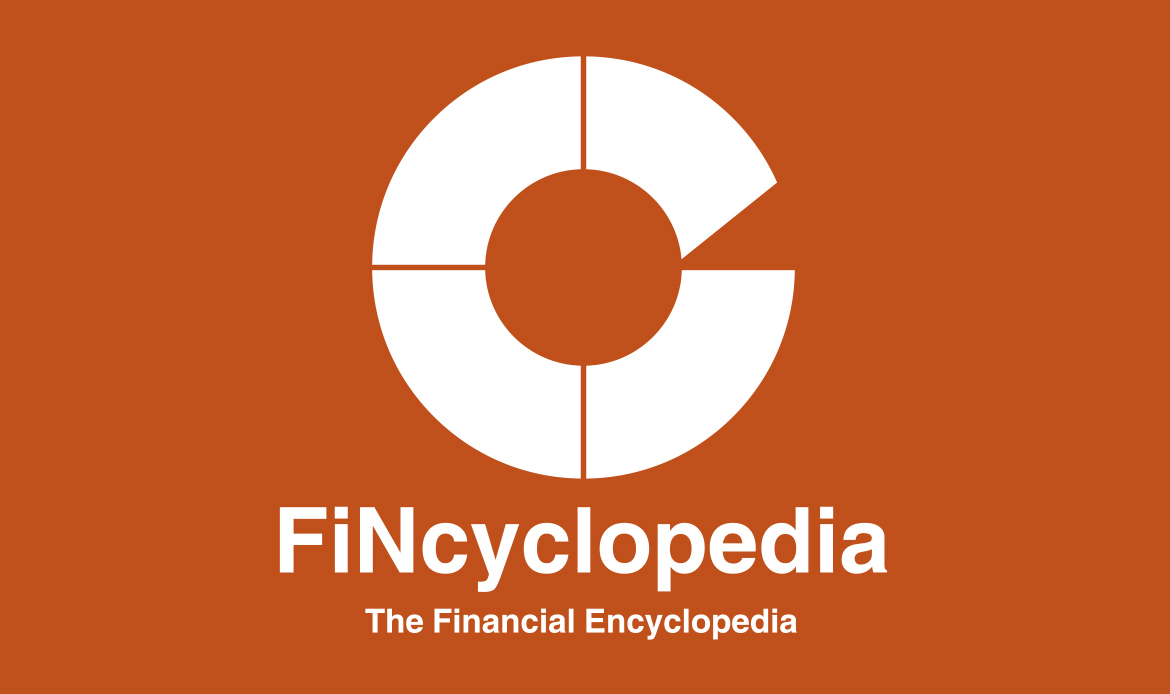Securitization is a type of structured finance that involves the pooling of assets (or specific types of assets such as receivables) for issuance of securities (on pooled assets). Securitization allows an entity to obtain funding through the sale of assets, as an alternative to obtaining funds in a direct way (by means of loans/ borrowing). In the process, an entity creates a special purpose vehicle (SPV) that issues the securities (typically, asset-backed securities) to the investors. The parties to a securities include, in addition to an SPV, the originator and the investors in the asset-backed securities.
The main aspects of securitization include the following:
- The creation of securities backed by pools of financial assets (such as loans). It generally involves the creation of cash securities backed by consumer loans, mortgages, and leases. It may also involve structured credit or finance, i.e., securities backed by corporate debt/ bonds (e.g., those issued by banks), or securitization in synthetic credit derivatives, etc.
- Securitization come up with securities known as asset-backed securities (ABSs). A specific form of such securities is the mortgage-backed securities (MBSs), in which the collateral is residential or commercial mortgage loans.
- If the asset pool consists of bank loans or synthetic securities, securitization results in the so-called collateralized debt obligations (CDOs).





